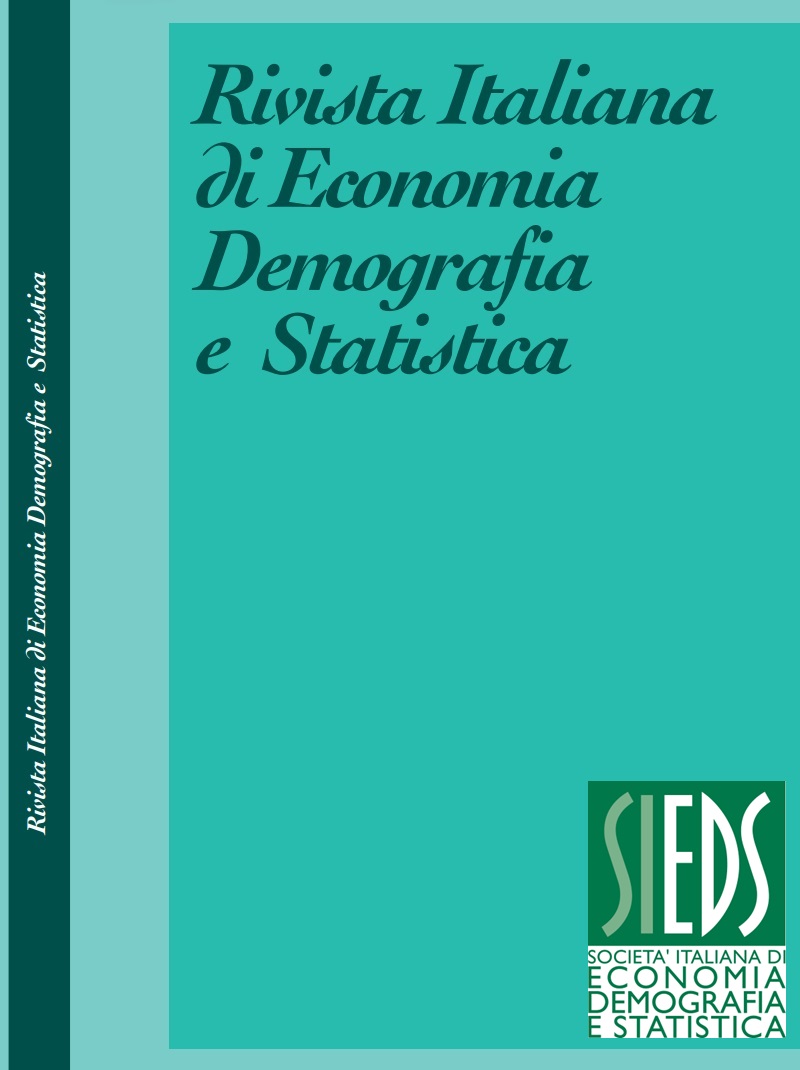Study on crime, justice, rights and punishment among teenagers in Udine
Abstract
The investigation aimed to identify the opinions of a non-probabilistic sample of young teenagers on the issues related to crime, rights, justice, punishment. There were 737 students from eight high schools in Udine, Italy interviewed by means of a semi-structured questionnaire and the open questions were analyzed by content analysis. Based on the collected data it has been possible to explore the value systems of the teenagers, their concept of social justice and human rights, their opinion on illicit behaviors and views on punishment. The data was then related by gender and age. Rules, freedom and rights are considered positive values by the majority of the teenagers, who nevertheless showed some difficulties in identifying their own rights. The issue of punishment is strongly felt by teenagers and they appear to be in favor of punishment with some reservations. They find punishment fair in a moral sense, but they consider it ineffective if aiming to modify behavior. Penalty entails the concept of punishment. Data show that 54.4% of the sample consider it fair that a person will spend the rest of his/her life in jail, in case of life sentence; 13.0 % consider that for certain crimes death penalty would be preferable to life sentence, only 32.6% do not reckon life sentence as ethical. Teachers involved in the education project that originated this research may be recommended to promote reflection on the issues of rights and rules and their usefulness / benefits, seeing school as a training ground to get ready to tackle the more complex dynamics of society. It is thus recommended to encourage the active involvement of teenagers, asking directly to them what might be more effective to sustain a teenager in avoiding risk-taking behaviors, addressing these issues in the classroom, as suggested by students themselves in many questionnaires
Downloads
Published
Issue
Section
License
Copyright (c) 2020 Nidia Batic, Mery Pagliarini

This work is licensed under a Creative Commons Attribution 4.0 International License.



